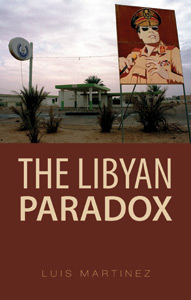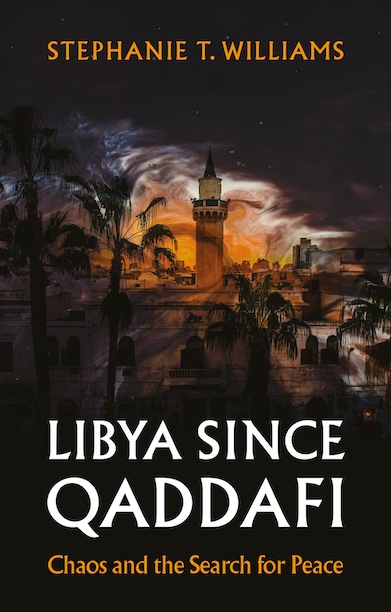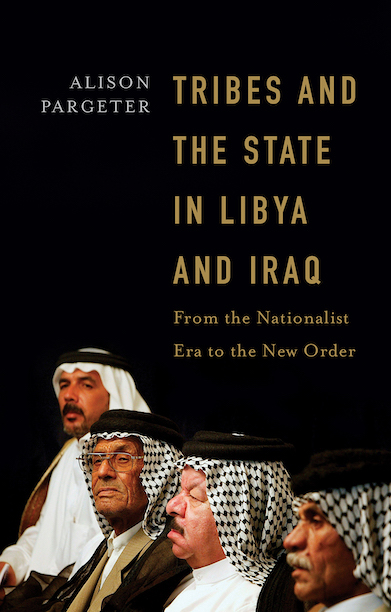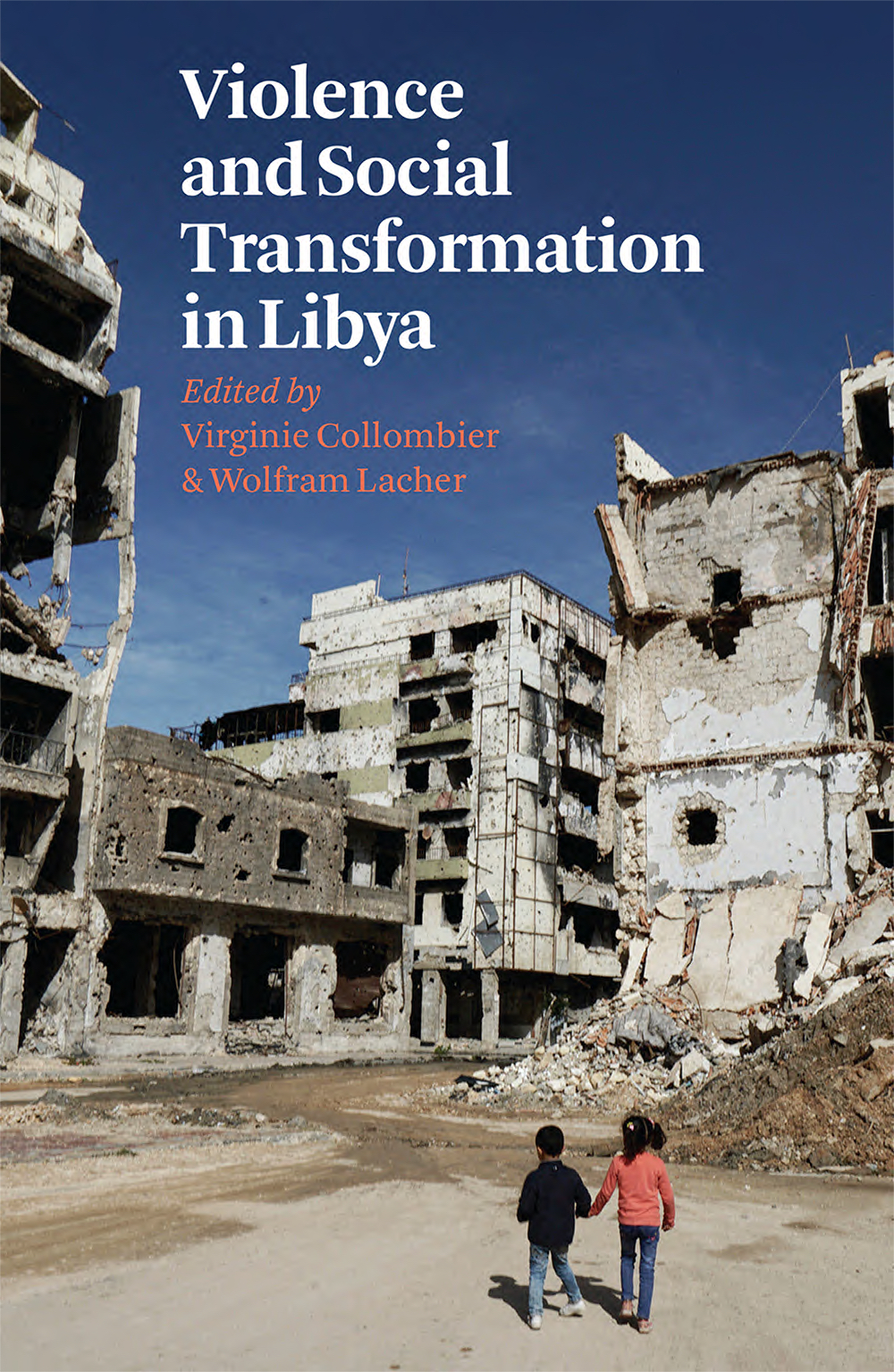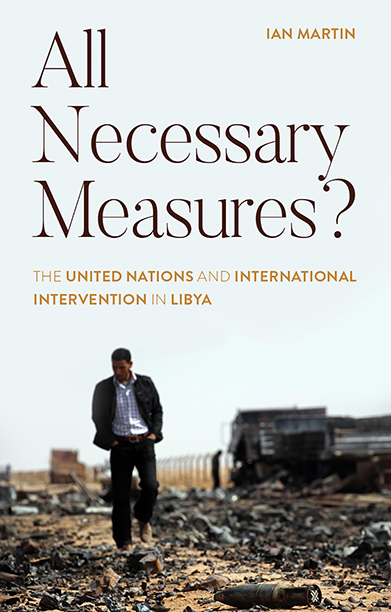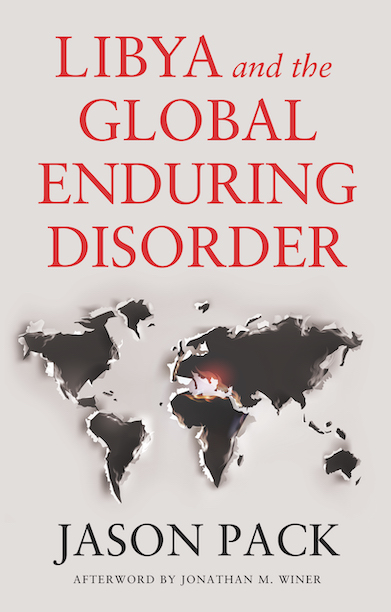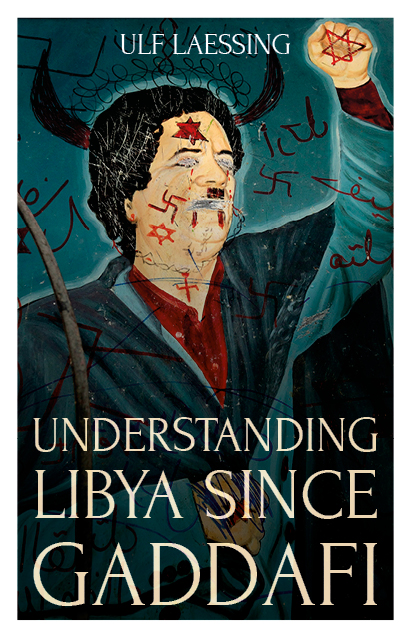The Libyan Paradox
Part of the CERI/Sciences Po. seriesDescription
In 1992 United Nations sanctions were imposed on Libya after it refused to hand over for judgement in an international court two Libyan citizens suspected of involvement in the bombing of a passenger plane over Lockerbie in Scotland in 1988. The sanctions were not suspended until 2003, by which time Libya had undergone fundamental changes. After the sanctions were lifted, those changes accelerated rather than going into reverse. The newly militant attitude of the United States after the events of 9 September 2001, and the invasion of Iraq in March 2003, conveyed to the Libyan leadership that opposition to the West was potentially disastrous. Libya stepped back from the development of nuclear weapons and opened its economy to the West. Meanwhile Colonel Gaddafi, the leader of the Libyan Revolution, has found ways to consolidate his hold on the country. The author suggests that the future of Libya now lies in becoming what he calls-paradoxically-an authoritarian liberal state.
Reviews
‘Luis Martinez is one of the very few international scholars who can venture informed answers to these questions. He has followed domestic Libyan politics closely for more than two decades, throughout the American embargo and during the United Nations sanctions, and he brings an intimate familiarity with the country to his analysis. He has seen first hand the domestic impact of half a century of oil revenues, nearly four decades of permanent revolution, twenty-five years of American hostility and more than a decade of international isolation, and he is eloquent in describing what his poisonous combination has created.’ — from the preface by Professor Lisa Anderson, Columbia University
Author(s)
Luis Martinez is a Senior Research Fellow at CERI Sciences Po in Paris. He has been Visiting Professor at Columbia University, New York (2000–2001) and at the University of Montréal (2007–2008). A political scientist and a specialist on the Maghreb and the Middle East, his books include The Algerian Civil War, 1990–1998, The Libyan Paradox, The Enigma of Islamist Violence (co-edited with A. Blom and L. Bucaille), and The Violence of Petro-Dollar Regimes: Algeria, Iraq and Libya.
